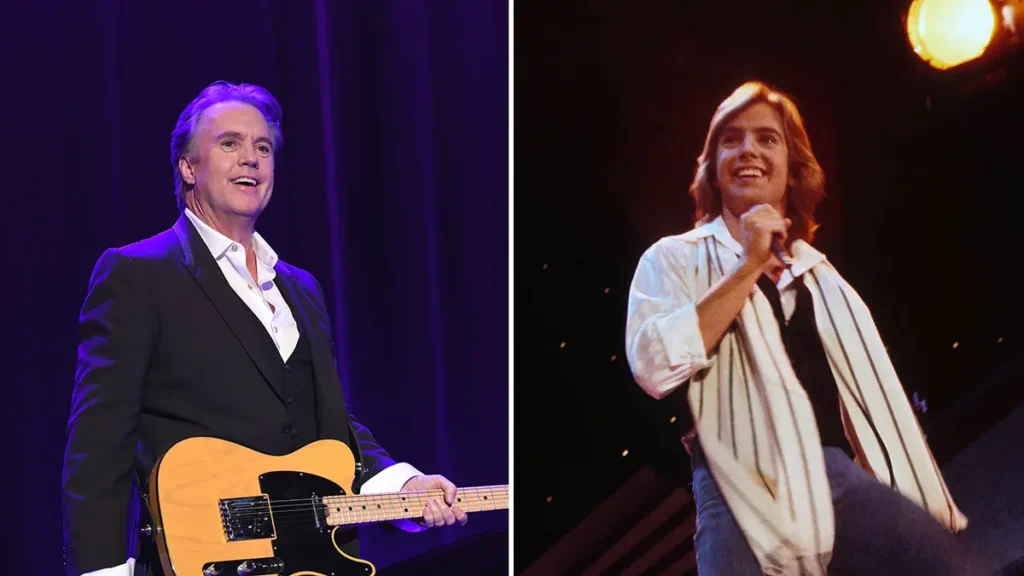
A Gentle Farewell to Innocence, Draped in Morning Light
Shaun Cassidy‘s 1976 rendition of “Morning Girl”, featured on his debut self-titled album Shaun Cassidy, arrived at a moment when teen idols reigned supreme, and the airwaves pulsed with saccharine optimism laced with undercurrents of longing. Although the song did not soar to the top of the Billboard Hot 100 in its own right, it contributed to the album’s commercial success, buoyed by Cassidy’s meteoric rise as a heartthrob of the era. His debut album would eventually go platinum, thanks largely to hits like “Da Doo Ron Ron,” but “Morning Girl” offered something subtly more nuanced—a wistful echo of a time slipping quietly away.
Originally penned and performed by The Neon Philharmonic in 1969, where it reached No. 17 on the Billboard Hot 100, “Morning Girl” is a baroque-pop ballad steeped in orchestral grandeur and poetic ambiguity. Cassidy’s interpretation, however, reshapes the piece through the lens of a softer pop sensibility. Gone is the dramatic sweep of Tupper Saussy’s original arrangement; in its place is a more delicate, intimate rendering that leans into the romantic naiveté suggested by the lyrics. Cassidy sings not with authority, but with youthful wonder—less a man asserting love than a boy quietly discovering it.
Lyrically, “Morning Girl” is a study in contrasts—the gentle rhythms of domestic comfort weighed against an undercurrent of emotional impermanence. “Morning girl / How’d you sleep last night? / You’re several ages older now,” Cassidy croons, drawing attention to that fragile moment when innocence begins its slow transformation into experience. The morning here is less about sunlight and breakfast and more about awakening to a more complicated emotional terrain.
What makes Cassidy’s version resonate—even decades later—is his tonal sincerity. He does not possess the vocal gravitas of his contemporaries, but therein lies the charm. There’s an adolescent earnestness in his delivery that perfectly matches the thematic core of the song: vulnerability in transition. It is not a grand declaration of love or heartbreak; rather, it’s a snapshot—a Polaroid left on a windowsill—of fleeting connection captured in quiet repose.
In cultural terms, “Morning Girl” stands as a relic from a time when male pop stars were permitted moments of gentleness without irony. Before cynicism became fashionable and before love songs were drenched in overwrought melodrama or calculated coolness, there existed this space—a morning space—where simplicity could still speak volumes.
Cassidy’s take on “Morning Girl” may not have become an anthem, but it remains an evocative whisper from pop music’s softer chapter—a song that invites us not to sing along loudly, but to listen closely and remember how it felt to wake up beside someone for the first time and wonder who they might become by evening.